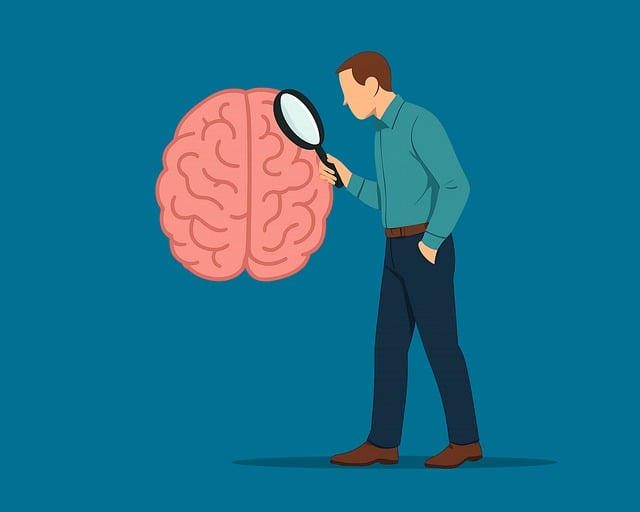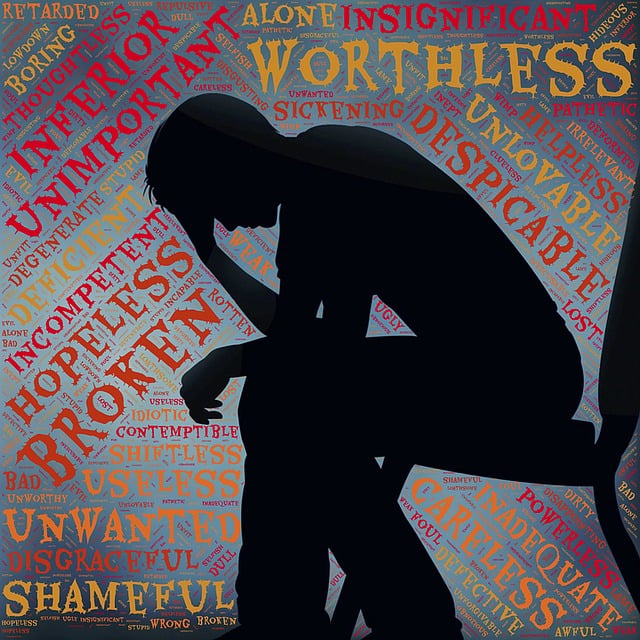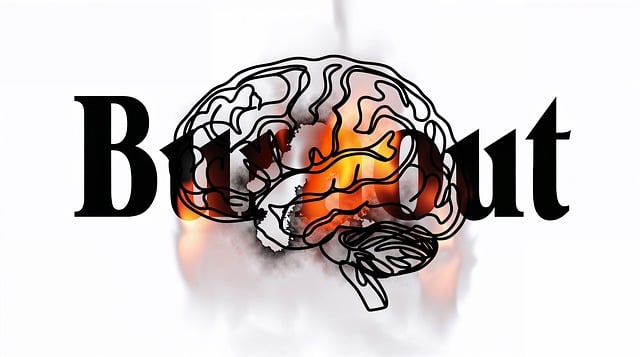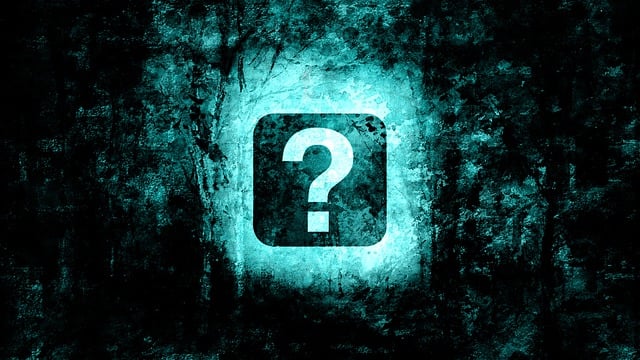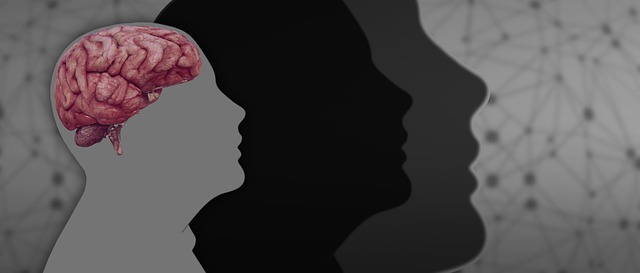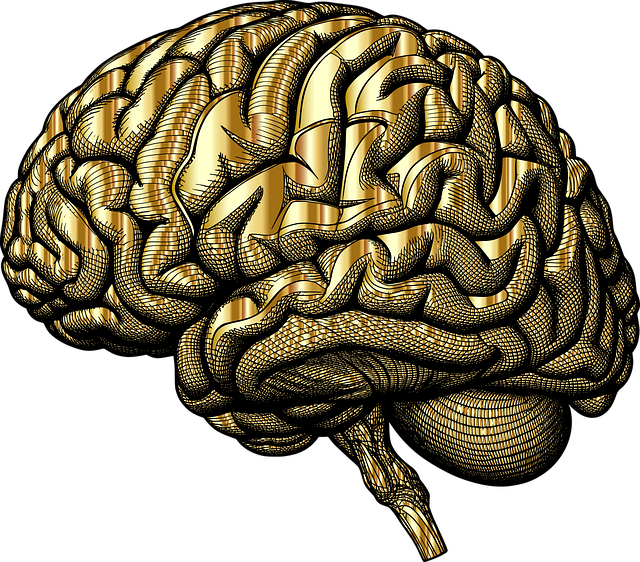Mental Health Crisis Hotlines provide 24/7 confidential support for young children experiencing emotional distress and potential drug abuse or substance abuse issues. Trained counselors offer specialized tools for emotional regulation, preventing burnout and long-term mental health complications. These hotlines address immediate needs, connect families to resources, and foster early intervention crucial for deterring addiction and improving self-esteem. Recognizing signs of distress and accessing hotline resources can prevent escalation, offering non-judgmental assistance for pediatric therapy specialists in drug abuse or depression prevention.
Mental health crisis hotline support services are a crucial resource for young children facing emotional turmoil. With increasing rates of drug and substance abuse among youth, these hotlines offer immediate therapy and guidance. Understanding their significance is paramount in addressing the growing need for mental health care. This article explores the effectiveness of crisis hotlines in catering to the unique therapeutic needs of young individuals, highlighting key features and benefits while providing practical tips on accessing these valuable resources.
- Understanding Mental Health Crisis Hotlines: A Lifeline for Young Children
- The Prevalence of Drug and Substance Abuse in Youth
- How Hotline Services Address Therapy Needs for Young Children
- Key Features and Benefits of Crisis Support Lines
- Accessing and Utilizing Hotline Resources Effectively
Understanding Mental Health Crisis Hotlines: A Lifeline for Young Children

Mental Health Crisis Hotlines serve as a crucial lifeline for young children facing emotional distress and potential drug abuse or substance abuse issues. These dedicated support services provide immediate, confidential, and professional assistance to those in need, especially when traditional therapy sessions may not be readily accessible or appealing to younger individuals. The hotlines are designed to offer a safe space for kids to express their feelings without judgment, fostering open communication that can be vital for emotional regulation and burnout prevention.
By offering specialized services tailored for young minds, crisis hotline support can significantly contribute to self-esteem improvement. Trained counselors are equipped to handle the unique challenges faced by children, providing them with tools and resources to navigate mental health crises effectively. This proactive approach ensures that young people receive the help they need at an early stage, potentially preventing more severe issues from developing later in life due to untreated drug abuse or substance abuse problems.
The Prevalence of Drug and Substance Abuse in Youth

In recent years, there has been a growing concern regarding the rising rates of drug and substance abuse among youth. This alarming trend highlights the urgent need for comprehensive support systems and accessible resources to address the mental health crisis affecting young individuals. According to various studies, adolescents and young adults are increasingly turning to substances as a means of coping with stress, anxiety, or underlying mental health disorders. Early exposure to drugs and alcohol can have severe consequences, leading to long-term dependencies and impaired development.
The impact of substance abuse on young minds is profound, hindering their ability to thrive academically, socially, and emotionally. Therapy for young children struggling with drug abuse offers a lifeline, providing essential tools for recovery. Effective interventions focus not only on detoxification but also on healing the underlying causes through communication strategies, confidence-boosting activities, and resilience-building exercises. These approaches empower young people to break free from the cycle of addiction and develop healthy coping mechanisms.
How Hotline Services Address Therapy Needs for Young Children

Hotline services play a vital role in addressing the therapy needs of young children experiencing mental health crises, especially those grappling with drug abuse or substance abuse issues. These 24/7 support lines provide immediate access to trained professionals who can offer guidance and assessment, crucial components in the early intervention process. By phone, therapists can employ effective communication strategies to build trust and rapport with children, making them feel more comfortable discussing their feelings and experiences.
Through these conversations, hotline counselors help young individuals identify triggers, develop healthy coping mechanisms, and gain insights into their emotional well-being. Furthermore, they can provide resources for families seeking support in navigating the complexities of a child’s mental health challenges, including referrals to specialized therapy services and community-based programs focused on mental health awareness and self-care routine development for better mental health.
Key Features and Benefits of Crisis Support Lines

Crisis support lines offer a vital service, providing immediate crisis intervention guidance to individuals in distress. These hotlines are designed to be easily accessible, often free of charge, and available 24/7. The key features include trained professionals who can offer active listening, provide emotional support, and deliver practical advice tailored to the caller’s needs. They cater to a wide range of issues, from depression and anxiety to more specific concerns like therapy for young children dealing with trauma or drug abuse-substance abuse.
Benefits are numerous: they serve as an immediate safety net, preventing potential harm; offer confidential and non-judgmental spaces for individuals to express themselves; and help reduce the burden on emergency services. Moreover, these support lines play a crucial role in public awareness campaigns development by educating people about mental health issues and available resources. Increased mental health awareness can lead to early intervention and better long-term outcomes.
Accessing and Utilizing Hotline Resources Effectively

Accessing hotline resources effectively is a crucial step in addressing mental health crises, especially for young children experiencing therapy for drug abuse or substance abuse. The first step involves recognizing when to reach out—whether it’s during an acute episode of distress or as a preventive measure against escalating issues like depression prevention, anxiety relief, or stress reduction methods. Many hotlines offer confidential and immediate support, ensuring privacy and non-judgmental assistance.
Utilizing these resources effectively requires clarity on the individual’s needs and concerns. For instance, parents seeking help for their children might focus on finding specialists in pediatric therapy for drug abuse. Similarly, those dealing with depression prevention or anxiety relief can inquire about services catering to these specific issues. Effective communication ensures that the hotline can connect callers with the most suitable support, whether it’s counseling, referral to local treatment centers, or guidance on stress reduction methods.
Mental health crisis hotline support services play a pivotal role in addressing the growing concerns of drug and substance abuse among youth. By providing accessible therapy for young children, these hotlines offer a much-needed lifeline, ensuring that vulnerable individuals receive immediate assistance and long-term care. With their comprehensive features and benefits, crisis support lines are revolutionizing the way we tackle mental health crises, especially in light of prevalent drug abuse issues. Effective utilization of these resources can foster positive outcomes and promote the well-being of young minds.
